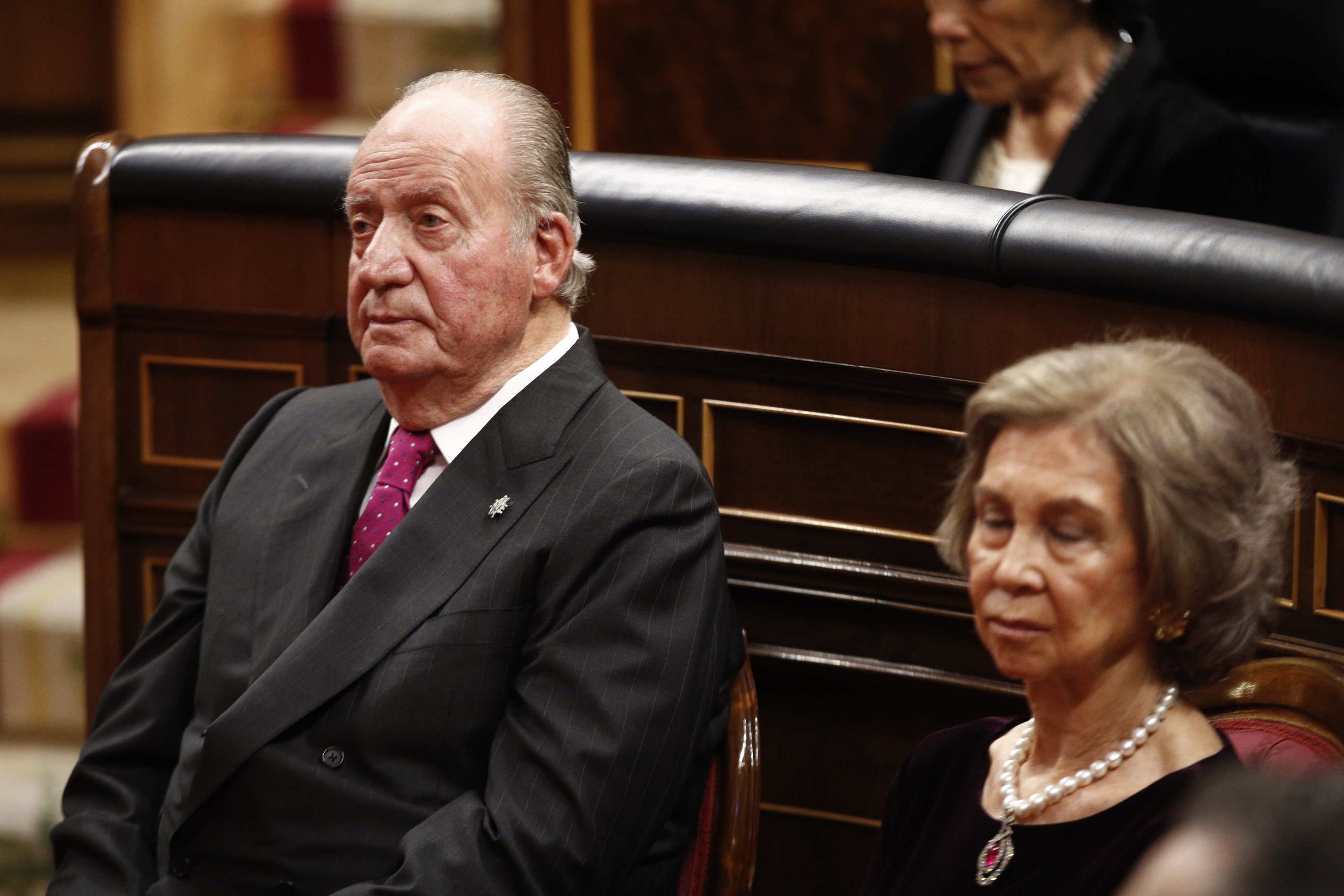Spain's former king Juan Carlos I used the country's National Heritage agency to pay for luxurious gifts to his mistresses, as well as palace expenses, yachts and travel, according to the Spanish digital newspaper Público. The king emeritus took advantage of tax exemption allowed to National Heritage to avoid paying any tax on donations he received valued at more than 100 million euros.
The digital newspaper stated that Juan Carlos has never paid taxes on the luxury gifts and donations he received thanks to the law regulating the Heritage agency, passed by Spain's first government of the post-Franco era, led by UCD. A law that was confirmed by the Socialists a few year later, with regulations that allow the monarch to receive unlimited donations, for personal use, and enjoy the use of them without conditions or deadlines, as they would end up passing into public heritage.
This law, still in force today, meant that Juan Carlos has not had to pay taxes for all the goods he has received, as they are included in the National Heritage inventory, although only he was able to make use of them. As examples, the newspaper cites La Mareta estate in the Canary Islands, and two of his yachts Fortuna II and Fortuna III. Also, the collection of high-end cars that manufacturers like Ferrari, Porche and Nissan had sent him.
Público emphasizes that the Spanish royal house has never confirmed the total amount that Juan Carlos I received and enjoyed in donations, but estimates that the figure of 100 million euros could easily have been exceeded.
Reforms to Corinna's palace
The digital daily also notes that National Heritage has always used its own public budget to cover costs of maintenance and rehabilitation of properties, as well as the salaries of the more than 100 personal assistants of the royal family at the Zarzuela. In addition, Público relates that the department paid the expenses generated by the numerous lovers of the emeritus king, especially those of Marta Gayá, Bárbara Rey and, above all, Corinna Larsen.
In fact, in 2008, Juan Carlos I commissioned a comprehensive refurbishment of La Angorrilla, a property which is part of the El Pardo royal estate, so that his mistress and partner could move in. Corinna decided on the improvements and supervised the works. The then-king gave his agreement.
The case of the Albertos
A few weeks ago, Público also reported on how Juan Carlos I used his influence to intercede in the so-called case of the Albertos, involving two businessmen, Alberto Alcocer and Alberto Cortina, who had been convicted of fraud by the Supreme Court. The pressure exerted by the then head of state on this case caused a confrontation between the Supreme Court and the Constitutional Court.
The two Alberts, who are cousins, ended up in court over Urbanor construction company that they jointly owned. They were convicted in the early 2000s of misleading the company’s minority partners over the price of the land on which Madrid's emblematic KIO Towers are located.
Main image: Spain's king emeritus Juan Carlos I / Europa Press

